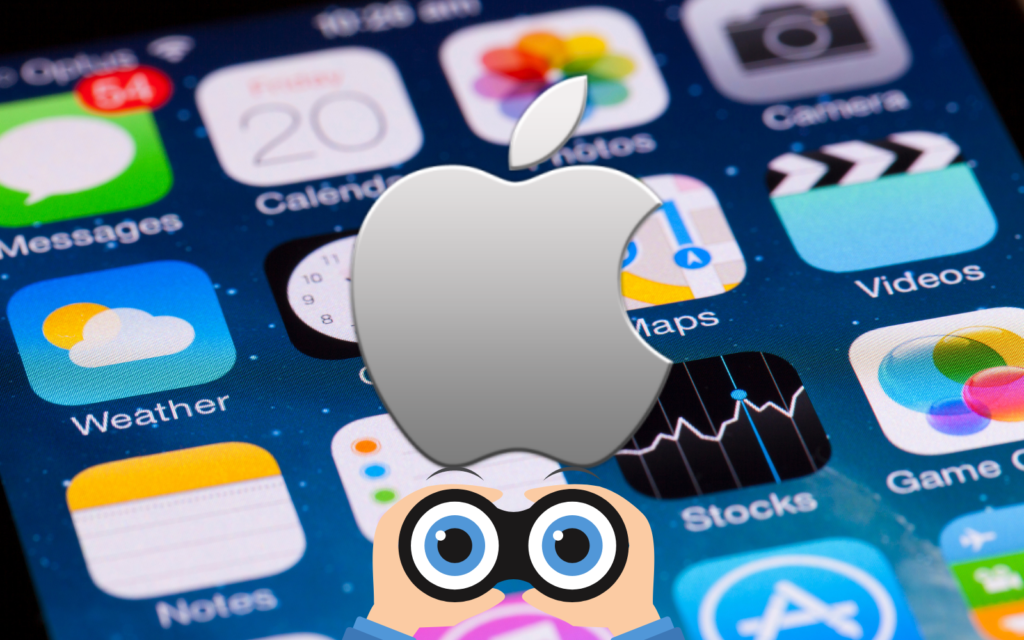Apple Inc. has been tracking users’ activities, even after they’ve opted to keep their business private in iOS device settings. Despite Apple users opting to disable the ability for the tech giant to track their activities on some of its apps’ settings, Apple continues to track their activities without their knowledge or consent. Bloomberg Law notes how this violates the California Invasion of Privacy Act.
The lawsuit comes shortly after Gizmodo reported on how two researchers from Mysk, a software company, discovered how an iOS app would send data to Apple with ‘every tap you make’ on the device regardless of the iPhone Analytics privacy settings being on or off.
According to Mysk’s developers, disabling the sharing of ‘Devices Analytics altogether’ also did not stop the data from being shared. The researchers note how the sharing of data without permission was in most of Apple’s built-in iPhone apps.
Read More: Apple throttles AirDrop capabilities – but only in China
Gizmodo notes how Apple is able to harvest data, in real-time. For example, if an Apple iPhone user is on the App Store, the company is able to collect data on what the user is viewing, how long they are viewing it for, and what they tap on. All this, while their tracking settings are disabled. Using Apple’s Stocks app gives the company data on any articles you read while on the app, stocks that you’re watching, including the names of any stocks you may have searched for in the app. According to Gizmodo, some iOS apps collect detailed information about the iPhone model you’re using, screen resolution and the keyboard language on your phone.
The class action lawsuit focuses on Apple’s settings and how they give a false impression of privacy while they continue to track a user’s activities. These include the “Allow Apps to Request to track” and “Share Analytics” settings.
“Apple didn’t respond immediately to an emailed request for comment,” notes Bloomberg Law.
Source: Bloomberg Law, Gizmodo, Mashable



